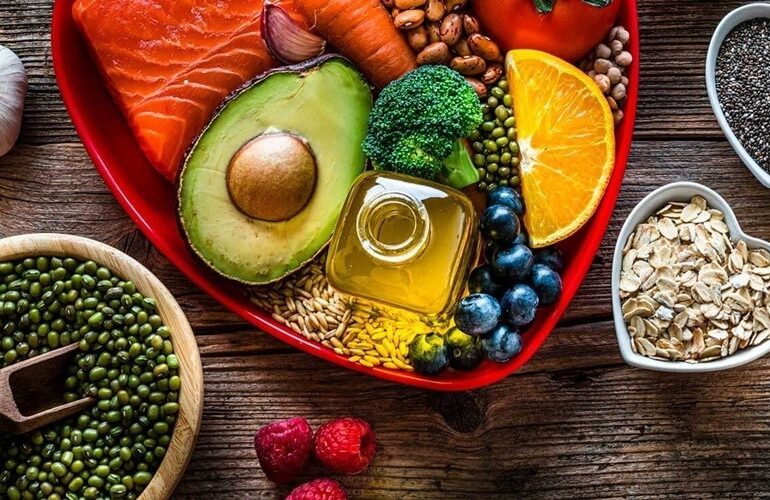Brand New Research Shows Strong Co Relations between high intake of Omega 3 Fatty Acids and Reduced Risk of coronary heart disease.
According to a new study, Omega-3 fatty acids may help lower the risk of coronary heart disease. According to the results of a new, comprehensive meta-analysis published in the Mayo Clinic Proceedings, the EPA and DHA Omega-3s reduce the risk of coronary heart disease (CHD). Among randomized controlled trials (RCTs), there was a statistically significant reduction in CHD risk in higher-risk populations, including 16 percent in those with high triglycerides and 14 percent in those with high LDL cholesterol.
Despite some conflicting past research, this new study, which looked at multiple past studies on the topic, found that consuming higher omega-3s could lower coronary heart disease risk in higher-risk populations.
For example, the researchers behind this study found that people with high cholesterol, a risk factor for heart disease, who consumed more omega-3s had a 14 percent reduced risk of coronary heart disease. For people with high triglycerides, that figure was 16 percent.
Consuming more omega-3s found in foods like mackerel, salmon, tuna, walnuts, and flaxseeds appeared to reduce coronary heart disease risk by 6 percent for the general population. Still, the study authors noted that this reduction was not statistically significant.
This study looked at 34 past studies that covered more than 800,000 patients.
This study was published in the journal Mayo Clinic Proceedings.
A grant from GOED funded this research. “What makes this paper unique is that it looked at the effects of EPA and DHA on coronary heart diseases specifically, which is a critical nuance considering coronary heart disease accounts for half of all cardiovascular deaths in the U.S., “said Dr. Dominik Alexander, lead author, and Principal Epidemiologist for EpiStat. “The 6 percent reduced risk among RCTs, coupled with an 18 percent reduction in prospective cohort studies- which tend to include more real-life dietary scenarios over extended periods- tell a compelling story about the importance of EPA and DHA omega-3s for cardiovascular health.
When visiting our drug store, ask our pharmacists and herbal experts for information about consuming a healthy diet rich in Omega 3 acids and reducing the risk of coronary heart diseases.
Reliance Pharmacy Obesity and other Clinical Services provide counseling to our regular customers. Please make an appointment with our Pharmacist for counseling sessions. Read our pharmacy bulletins, newsletters, and scientific herbal literature regularly published and posted on our company’s website at www.relianceimperialpharmacy.com




